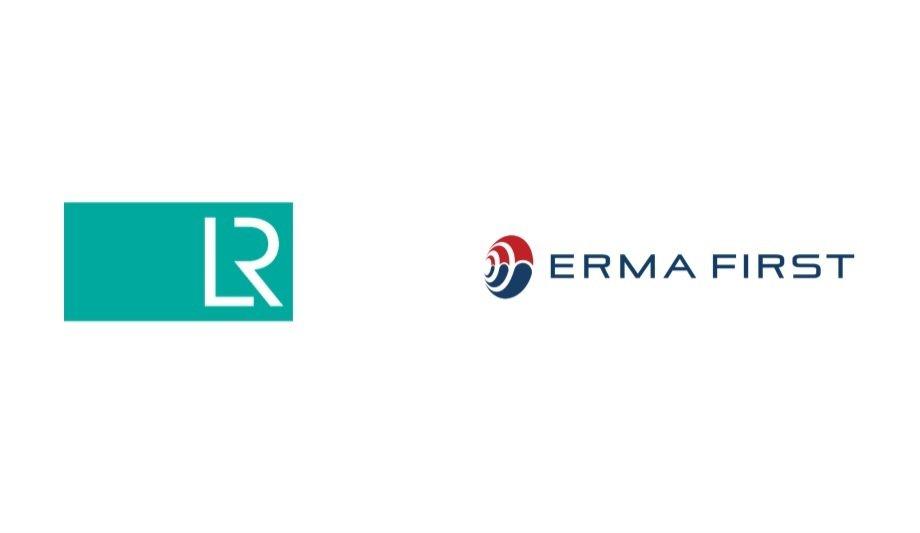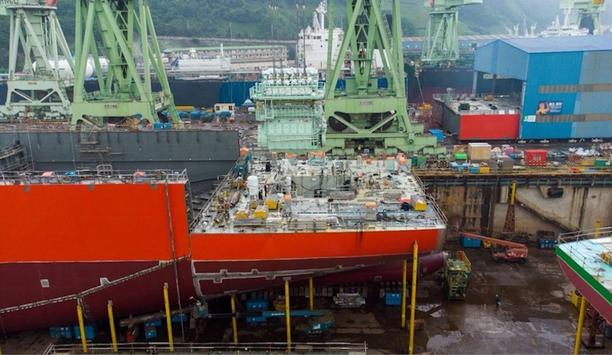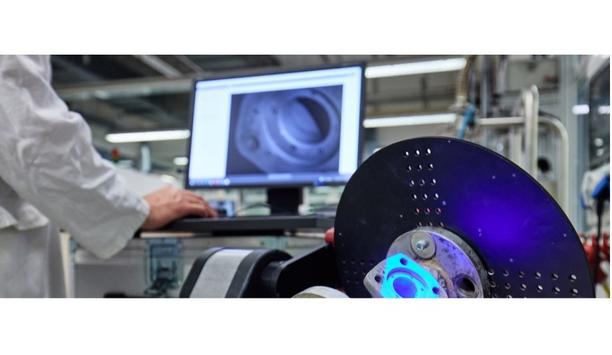Lloyd’s Register (LR) has awarded Approval in Principle (AiP) to ERMA FIRST for its amine absorption-based Carbon Capture and storage (CCS) system.
Absorption technology
ERMA FIRST’s CCS system uses absorption technology to mix CO2 (carbon dioxide) flue gases with a proprietary amine solvent, which is then heated to produce a chemical reaction that reverses the absorption and separates the CO2 from the solvent.
The CO2 from this process is then liquified and stored under cryogenic conditions onboard with the solvent ready to use in the same process again, creating a regenerative loop for CCS. With the ability to capture a significant amount of CO2 from exhaust emissions, ship owners and operators will be able to meet and exceed the IMO’s strengthened emission reduction targets, whilst increasing their vessels’ lifecycle.
Risk-Based Certification process
The AiP builds upon the commercial success of ERMA FIRST’s ballast water treatment system, the ERMA FIRST FIT BWTS
LR's AiP, as part of the Risk-Based Certification process, has enabled the technology to achieve this important milestone and allows ERMA FIRST to proceed with onboard pilot testing of the application, while LR continues to support its industry partners in de-risking their maritime assets.
The AiP builds upon the commercial success of ERMA FIRST’s ballast water treatment system, the ERMA FIRST FIT BWTS, which received type approval from LR back in November 2018.
Carbon Capture & Storage System
Nick Brown, CEO, of Lloyd’s Register, said, “LR is pleased to have awarded ERMA FIRST with Approval in Principle for its post-combustion Carbon Capture and storage system."
He adds, "CCS technology presents a real and credible route for the maritime industry to reduce its greenhouse gas emissions in the short to medium term and this AiP is evidence of LR’s tangible actions to support the global energy transition. Acting as trusted advisers and using our technical expertise throughout the certification process, LR continues to proactively identify a broad range of technologies that can de-risk operations for maritime stakeholders.”
Green transition, decarbonisation
Konstantinos Stampedakis, Co-Founder & Managing Director, of ERMA FIRST, said, “We are delighted to have received Approval in Principle from Lloyd’s Register for the ERMA FIRST CCS system."
He adds, "ERMA FIRST is committed to developing solutions that support the maritime industry’s green transition and achievement of the IMO’s decarbonisation ambitions. This AiP represents a significant milestone for our CCS project, and we look forward to continuing to work with Lloyd’s Register as we move into the next phase of this important project.”












